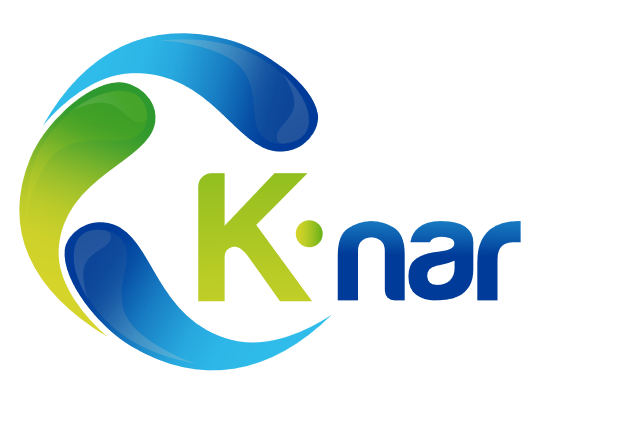PDEL®: Performance Dependency Elucidation Language
A computational language aimed to represent industrial asset and technological systems in what matters the most: Their value-related performance!
PDEL® Knowledge Management + Performance Forecasting + Corporative Performance Assurance
Imagine expressing music out of natural language. Is natural language precise and complete enough to describe how to play the beautiful Gnossienne 1 from Satie, or any Beethoven or Bach symphony?
Let us know your questions and ideas...
PDEL®: A computational language to make simple to complex process of improving performance.
Elucidate It!
Seeing oneself as the creator of a technical system may feel pleasant, and rewarding, but can also be misleading. Engineering navigates in foreign waters; the waters of natural and social laws, so we better soon recognized we don't "drive" performance, but navigate it according the daily learnings on that marvelous and almost infinite sea of physical, and social interactions, between our system and its context
PDEL® advocates for a more realistic approach to the analysis of technical systems. That of a continuous process of learning, and the underlying need to integrate such learning process in the way we define, study and represent both: the engineered systems, and the performance obtained by their interaction with their various and varying contexts.
PDEL®: Express It Clearly First - Forecast-Learn-Decide-Grow and Iterate
From the line drawn on a paper, representing a pipeline, traditional engineering analysis is full of representations, simplifications and undeclared assumptions. That is so natural and pervasive that we tend to believe that such representations are, by definition, correct. Happily in much cases, they are, but not always, and that's an issue. Those unknowns and late discoveries on performance restrictions are what, at the end, lead to failures, accidents, losses and deaths.
PDEL® proposes something different. Something more align to the reality of complex systems, operated by complex humans and interacting with a complex world:
- Every engineered systems is a composition of knowns and unknowns, so whatever representations need to take into account the maturity of the underlying learning process on the specific matters related to the system and context at hand.
- We, Human beings, are prone to err, so resources need to be provided to account for that fact along the system design and analysis process.
- Value obtained from engineered systems, is produced along system and contexts interactions, so PDEL® addresses such interaction and defines the context, and its dynamics, as a very important and relevant piece of information for supporting system analysis and design.
- Design is nothing more that a continuum of big and small decisions, and the only good reason for opting in favor of a specific alternative, during each one of those decisions making processes, is having a forecast. Because of this the ability to calculate performance forecasts, need to be natural to the language.
- Only the coordinated cooperation of sharp minds enable us to break the complexity barriers characteristic of challenging designs operating in challenging contexts, so Corporative Knowledge Management and team coordination need to be part of the thinking resources provided by the language.
Want to know more? Want to cooperate with Us? Want to see how far we've got? Use the left pane and let us know your ideas, interests and questions.
In the search of new business value, out of existing Industrial Assets,
Knar helps you to find it, unlock it, assuret and track it!


